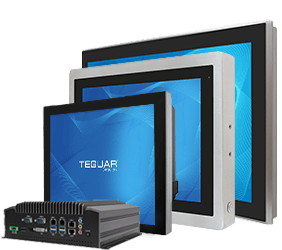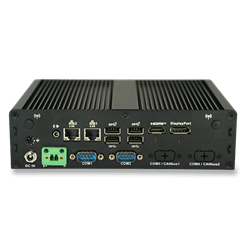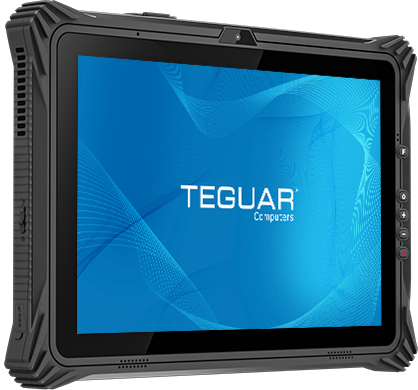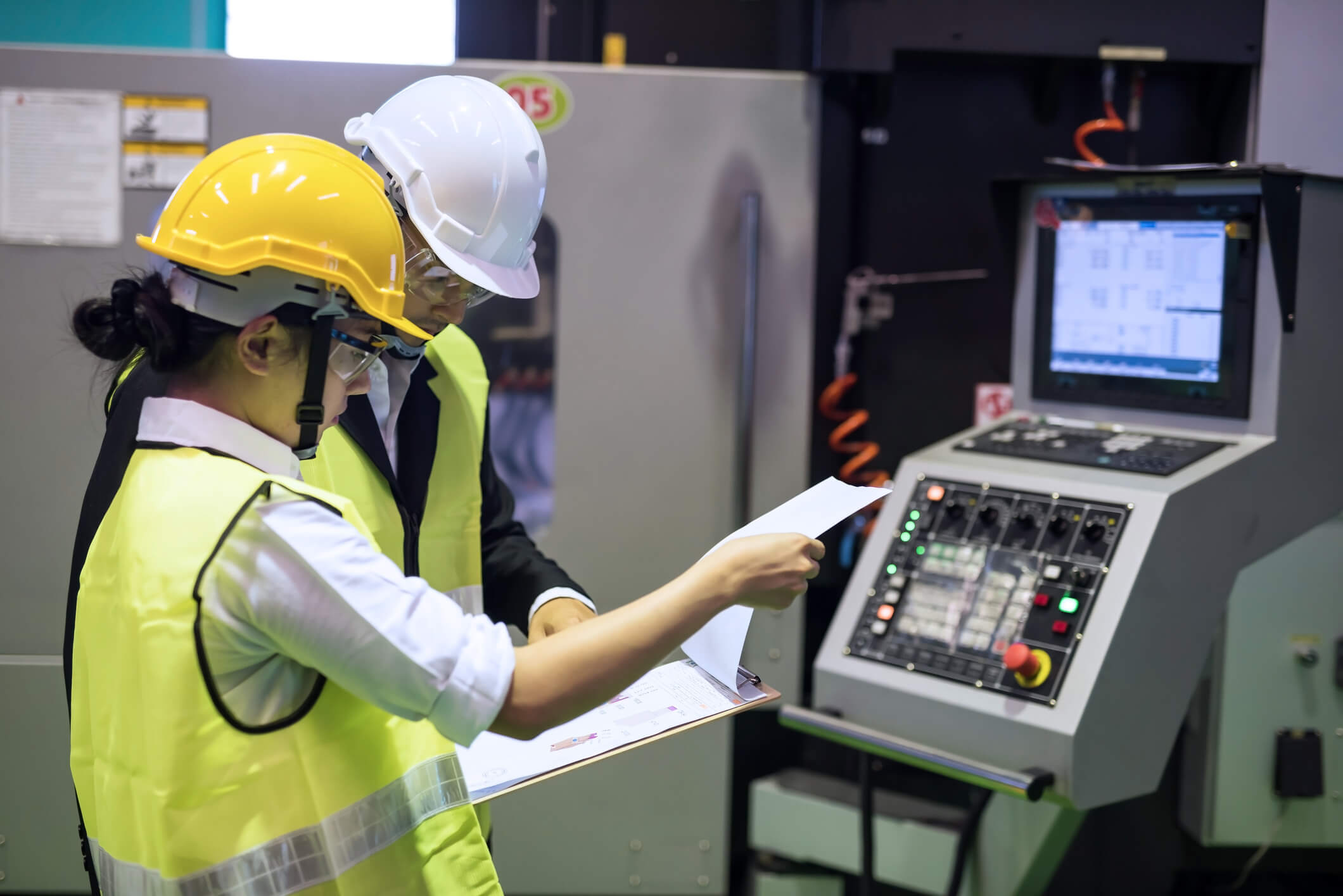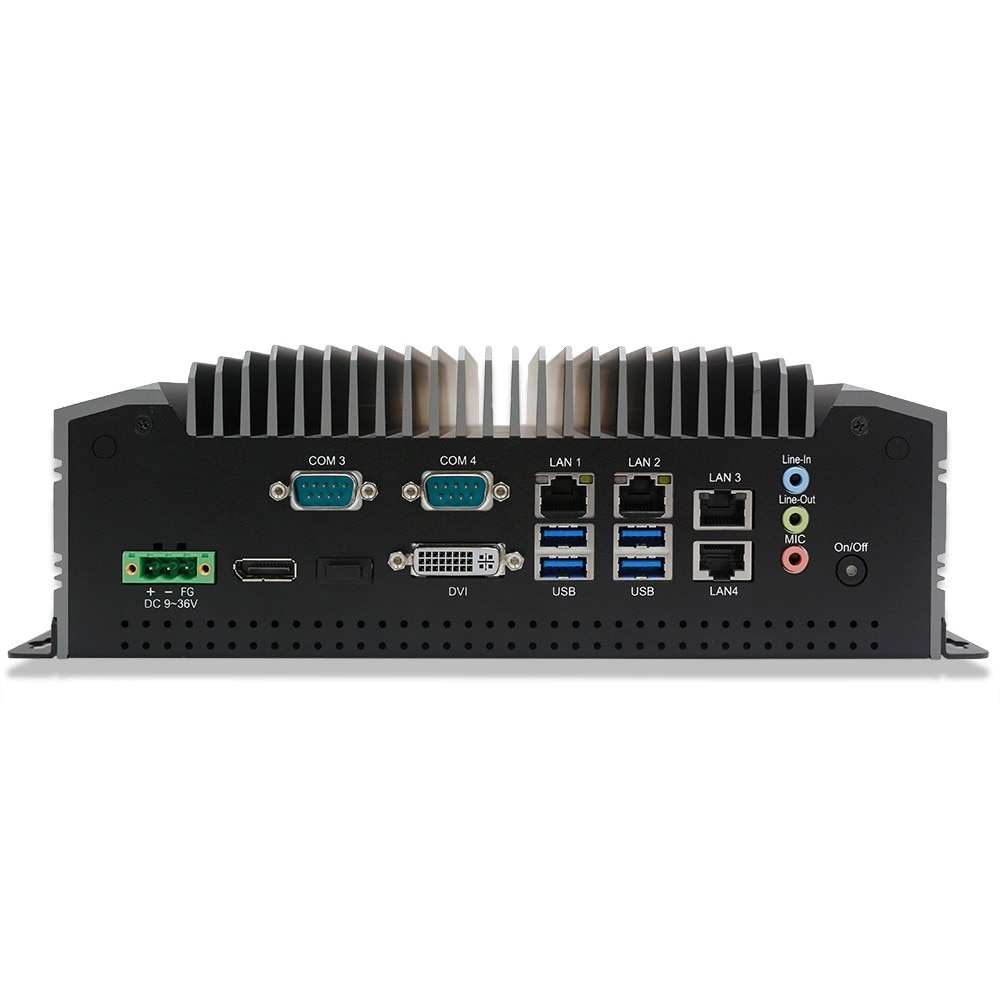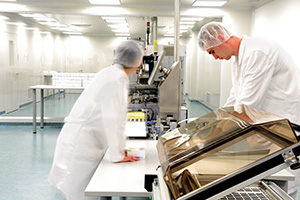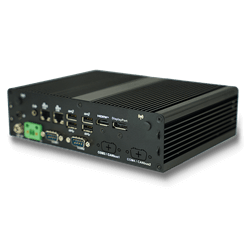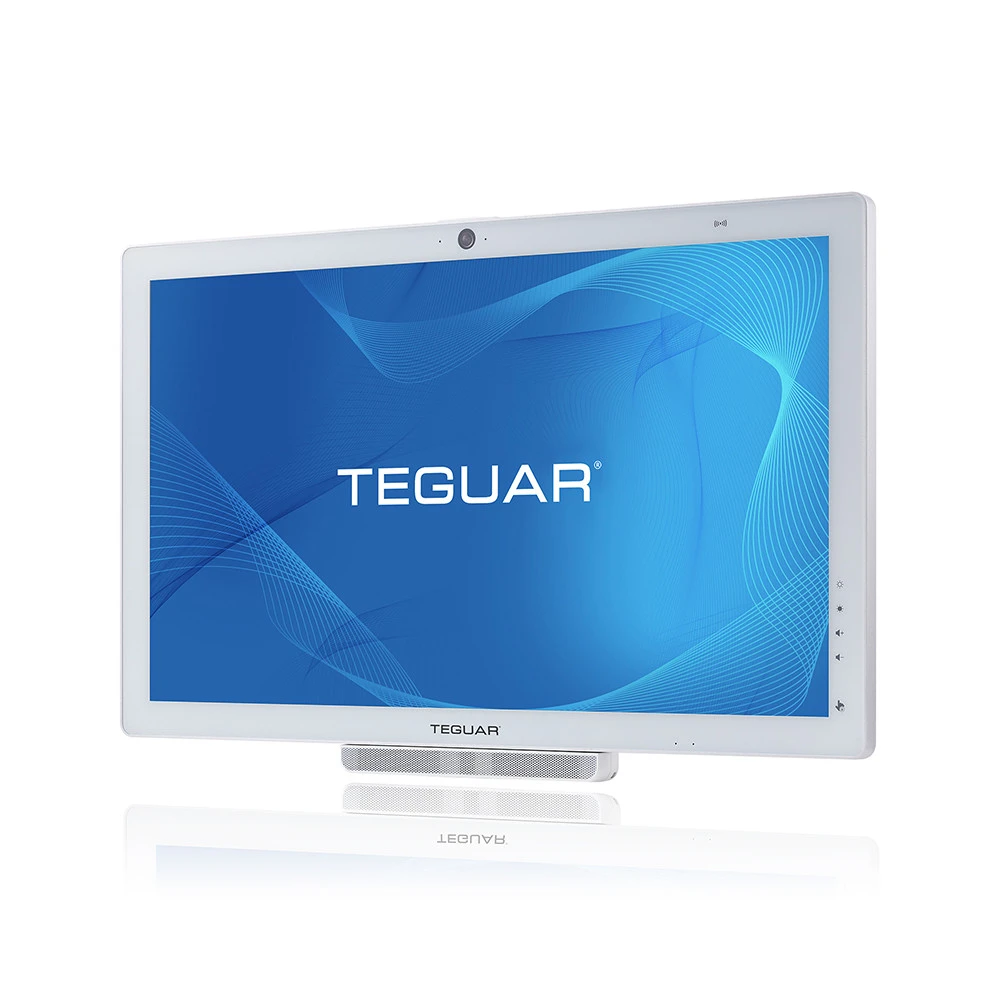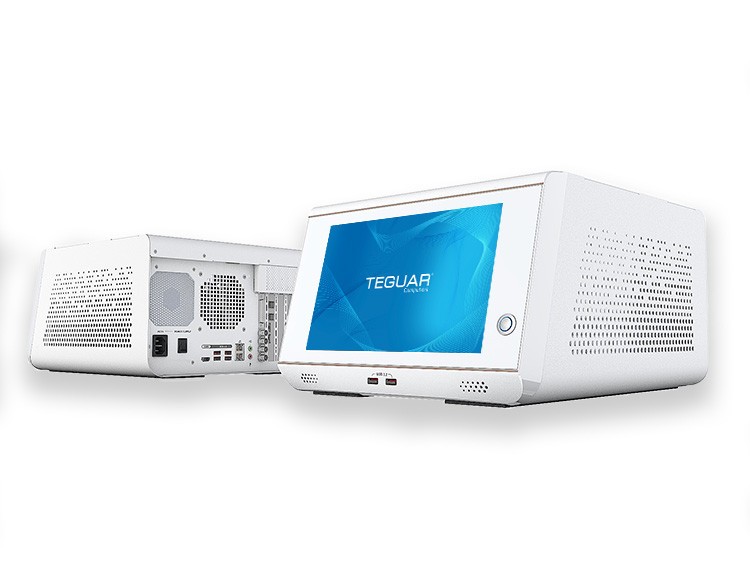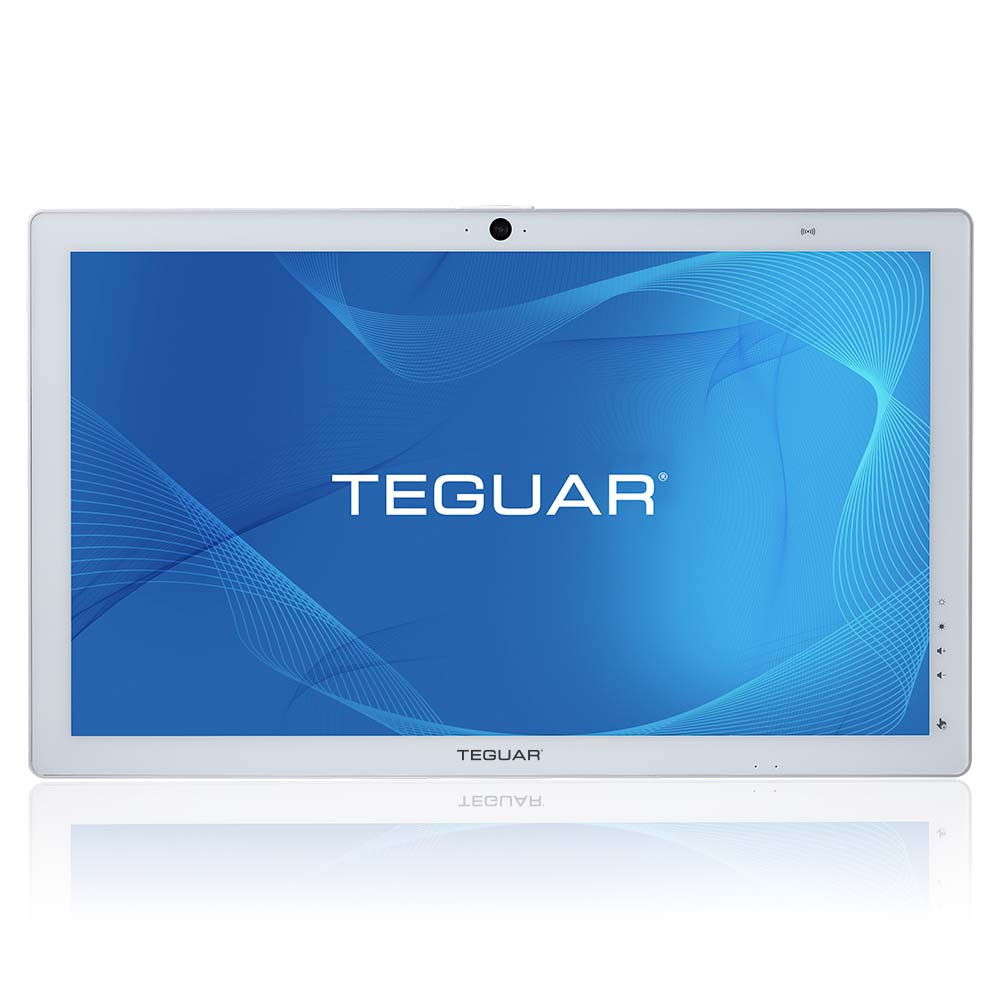Advancements in Medical Computer Technology

Since its start in 2010, Teguar has been a pioneer in medical computer technology. Medical computer technology covers a broad spectrum of applications and devices, all intended to enhance medical processes. At Teguar, there is an extensive selection of medical computer options, ensuring that you have precisely what you need to excel in the medical field.
In recent years, medical advancements have exceeded our wildest expectations, with the introduction of AI technology revolutionizing the field. This article discusses the latest breakthroughs in medical technology and highlights how Teguar has remained at the forefront of these developments.
- Evolution of medical computer technology.
- Current landscapes are revolutionizing healthcare practices.
- AI-driven medical advancements.
- Future trends: AI, VR, robotics.
Evolution of Medical Computer Technology
As you step into a modern hospital today, you are greeted with an abundance of computers and machines. As most are aware, this has not always been the norm and it’s taken years to get here. The evolution of medical computer technology has been a transformative journey with a profound impact on healthcare. Remarkable progress has happened over the years, from the early adoption of Electronic Health Records (EHRs) to the integration of medical imaging and diagnostic systems.
The historical development of medical computer technology has revolutionized the way healthcare is delivered and managed. Not only has it helped with administrative and communication tasks, but also the work on the patient has improved tremendously. One example is the improvement of medical imaging technologies, which provides physicians with advanced tools for more detailed diagnostics. This has led to earlier and more accurate disease detection, ultimately contributing to better treatment outcomes.
The Current Landscape
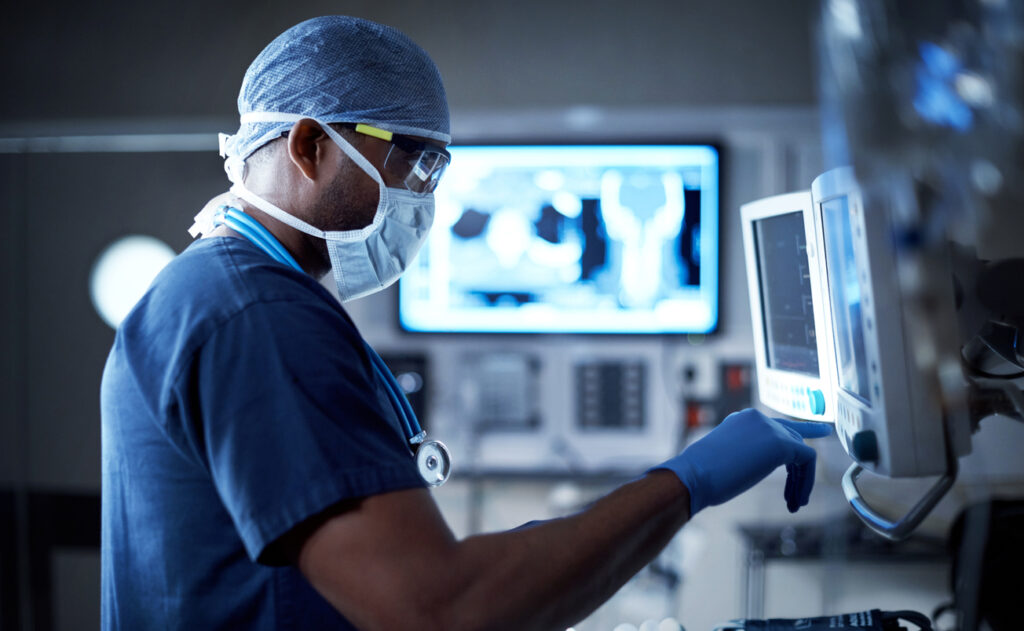
The current landscape of medical technology presents a diverse array of key benefits that are revolutionizing healthcare practices. Where there once were thousands of papers in filing cabinets, now there are single computers with data that dates back years, if not decades. This is all thanks to the widespread adoption of EHRs, and currently there are hundreds of EHR software systems out there for hospitals to choose from.
Modern computer technology has also played a pivotal role in the current realm of medical imaging and visualization. Advanced imaging modalities, such as MRI, CT scans, and ultrasounds, have become more precise, allowing for accurate diagnoses and treatment planning.
Telemedicine and remote patient monitoring have also grown significantly in the past few years. This computer technology has expanded access to healthcare services, particularly in remote areas. As medical computer technology continues to advance, its diverse applications are bound to redefine the future of healthcare.
Future Trends
Technology is always evolving, especially in the medical field. The integration of AI and machine learning has already transformed landscapes across most industries, and healthcare is no exception. Some hospitals are already using AI-powered algorithms to analyze medical images with acute accuracy. This has aided in early detection of diseases, such as cancer, leading to timely interventions and better treatment planning. Even in the not-so-distant future, AI-driven robot-assisted surgery is expected to further enhance precision and minimize invasiveness during procedures. Eric Topol, cardiologist and author of Deep Medicine, says this regarding AI in the medical industry:
“The promise of artificial intelligence in medicine is to provide composite, panoramic views of individuals’ medical data; to improve decision making; to avoid errors such as misdiagnosis and unnecessary procedures; to help in the ordering and interpretation of appropriate tests; and to recommend treatment”
Eric Topol, Deep Medicine: How Artificial Intelligence Can Make Healthcare Human Again
Virtual reality (VR) is another trend moving into this industry. VR can help both the patients and the medical professionals, as immersive experiences can enhance medical training, surgical planning, and treatment simulations. As these future trends unfold, medical computer technology will continue to drive the transformation of healthcare and improve the quality of medical care worldwide.
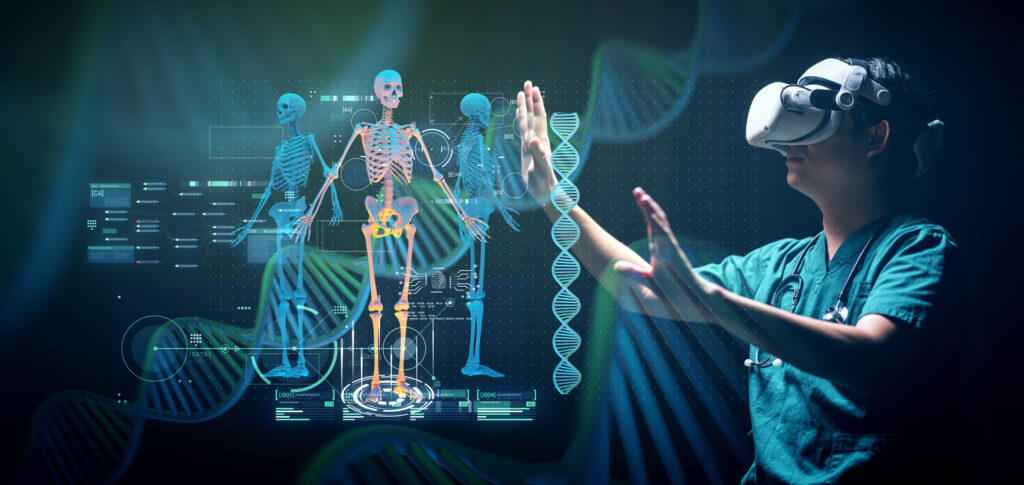
With the medical technology landscape constantly updating and changing, cybersecurity and data integrity are important. With the integration of AI and VR, the potential benefits for healthcare are tremendous, but they also bring new challenges in protecting sensitive patient data. Teguar prioritizes robust security measures in their medical solutions. These measures help safeguard patient information, ensuring compliance with regulations and offering healthcare professionals’ peace of mind.
Teguar’s Advancements
With over ten years in the medical industry, Teguar is continuously looking to advance medical practices through computer technology. We offer an impressive lineup of medical computer solutions with offerings such as medical-grade computers, tablets, panel PCs, and monitors. These are all engineered to withstand the specific rigors of medical environments while still ensuring reliability and accuracy.
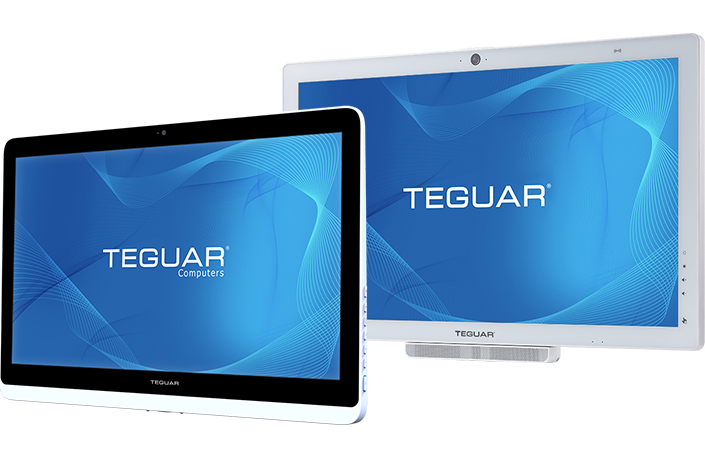
Teguar’s medical computers find application in various real-world scenarios, significantly affecting patient care and medical workflows. Medical cart computers offer efficient use of EHR management, while medical tablets are great for nurses on-the-go. Medical PCs have advanced graphics and processors for medical imaging and telemedicine.
One real-world application of Teguar’s medical advancements is showcased through their collaboration with Livanova, creating the Essenz Patient monitor. To learn more about this successful partnership and its impact, read the case study located here.
Along with the medical industry as a whole, Teguar has been making significant strides with their own advancements, including introducing a wide range of new products that boast slim and sleek designs, compatibility with Windows 11, improved WiFi cards, and the ability to customize based on customer specifications. Medical certification testing and remarkable warranty options enhance Teguar’s appeal as well.
When it comes to medical computer service, Teguar employes a six-step proven process that ensures quality support throughout all stages of the product life cycle. This process includes the following steps:
- Fast Response
- Collaborative Consultation
- Ensuring Accuracy
- Quote Generation
- Order Process and Shipping
- Service and Support
With this comprehensive approach, Teguar proves to be an exceptional partner for anyone in need of medical computers.
Stay Ahead of the Technology Curve
With technology constantly advancing, it’s easy to get overwhelmed. Using Teguar as a trusted medical computer partner can help healthcare professionals navigate the evergreen landscape of medical technology. As AI, machine learning, and virtual reality increasingly become integral to healthcare, Teguar’s products are ideal to support medical professionals in providing exceptional patient care. Medical computer technology is a crucial driver of modern medicine and will continue to evolve, shaping the future of healthcare.
FAQs
What is medical computer technology? Medical computer technology refers to the specialized field that involves the development, implementation, and utilization of computer systems and software in various healthcare settings. It encompasses a wide range of applications and devices designed to enhance medical processes, improve patient care, and advance medical research.
How is medical computer technology used in healthcare? Medical computer technology is used in healthcare to streamline administrative tasks, manage electronic health records (EHRs), ,aid in medical imaging and diagnostics, facilitate telemedicine and remote patient monitoring, enable precision robot-assisted surgery, and support AI-driven data analysis for improved patient outcomes and personalized treatment plans.
What are the latest advancements in medical computer technology? The latest advancements in medical computer technology include the integration of AI and machine learning to analyze medical images, assist in diagnosis, predict disease progression, and optimize treatment plans. Wearable devices and the Internet of Things (IoT) are increasingly used in healthcare for continuous patient monitoring and remote healthcare management. VR is another emerging trend that enhances medical straining, surgical planning, and treatment simulations, improving medical practices and patient care.


